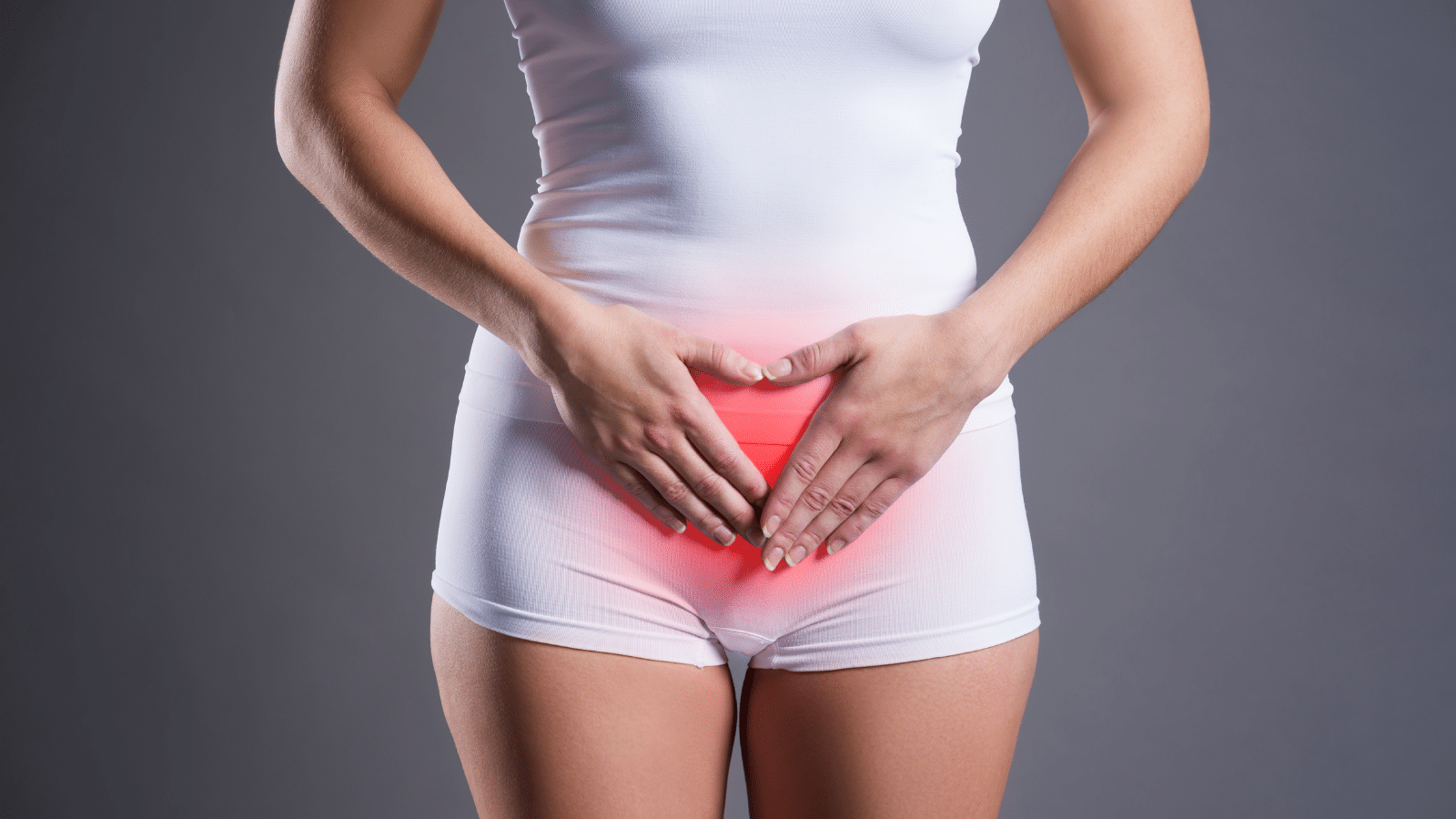Causes for Urinary Incontinence

Urinary incontinence happens because of a problem in the bladder’s muscles and nerves. Particular issues in a person’s health result in the weakening of muscles and nerves. But muscle and nerve problems are not always the reason urinary incontinence happens. Other reasons include:
Overweight
Being overweight puts pressure on the bladder, weakening the muscles, resulting in the involuntary loss of urine. All the extra weight in the midsection of your body increases the chances of your bladder being pushed. This extra pressure on the bladder weakens or damages the pelvic floor muscles which makes the bladders leak urine more easily.
If you’re overweight and suffering from urinary incontinence, there’s a high possibility that losing weight might get rid of this problem. It doesn’t necessarily have to be a drastic change, but just enough to stop the extra pressure on your bladder.
Old age and Menopause
It’s important to note that menopause does cause urinary incontinence to take place. Old age may cause the prostate glands or uterus to have abnormal descent, which weakens the pelvic floor muscles. In other cases, old age ends up with the muscles of the pelvic floor and bladder weakening which reduces the capability of holding your urine in when you get the urge.
The most common kind of urinary incontinence that happens in elderly people is urinary urge incontinence which is most likely to start from middle age and go up until you’re old.
Menopause causes urinary incontinence because estrogen levels are likely to drop in this time period. This hormone helps keep the bladder healthy; less estrogen levels result in the weakening of pelvic floor muscles which help keep the urine in.
Heredity
A genetic component can also pass urinary incontinence down through generations, which causes pelvic muscles and nerves to weaken with time.
Medication
Certain medications may also cause side effects that lead to urine incontinence. It usually goes away as soon as you stop taking said medicine. Medicines like alpha-adrenergic agonists mimic the action of norepinephrine. These are usually used as antidepressants and antipsychotic drugs. They control the bladder neck which causes overflow urinary incontinence.
Nerve damage
Damaged nerves may fail to send signals to the bladder or send alerts at the wrong time. Any issues in the nerves can result from health problems like scoliosis and diabetes. Specifically, the pudendal nerve affects acetylcholine which impacts the receptors in the bladder muscles. This results in contractions taking place in the bladder causing leakage of urine.
Constipation
Those who suffer from chronic constipation tend to suffer from urinary incontinence. A strain on the bowel movements can put pressure on the bladder, which may cause them to not work like they’re supposed to.
Surgery
Urinary incontinence can also result from surgery that a woman goes through involving reproductive organs. If pelvic floors are damaged, a woman may have difficulty holding her urine. There may also be some other type of trauma involved in the surgery that causes bowel incontinence like muscle injury, nerve damage or a reaction to any medication.
General anesthesia can cause urinary incontinence as well. The analgesic drugs disrupt the nerve connections in the brain and the muscles which are responsible for the urination process. The inability to process urine is common in around 70% of patients who’ve had general anesthesia.
Infection
Infections in the bladder or urinary tract can result in the loss of bladder control, although the power comes back once the disease is cured.
Urinary incontinence may also be caused temporarily by:
- Chocolate
- Chilli peppers
- Alcohol
- Caffeine
- Artificial sweeteners
- Blood pressure medication
- Heart medication
- Massive doses of vitamin C


